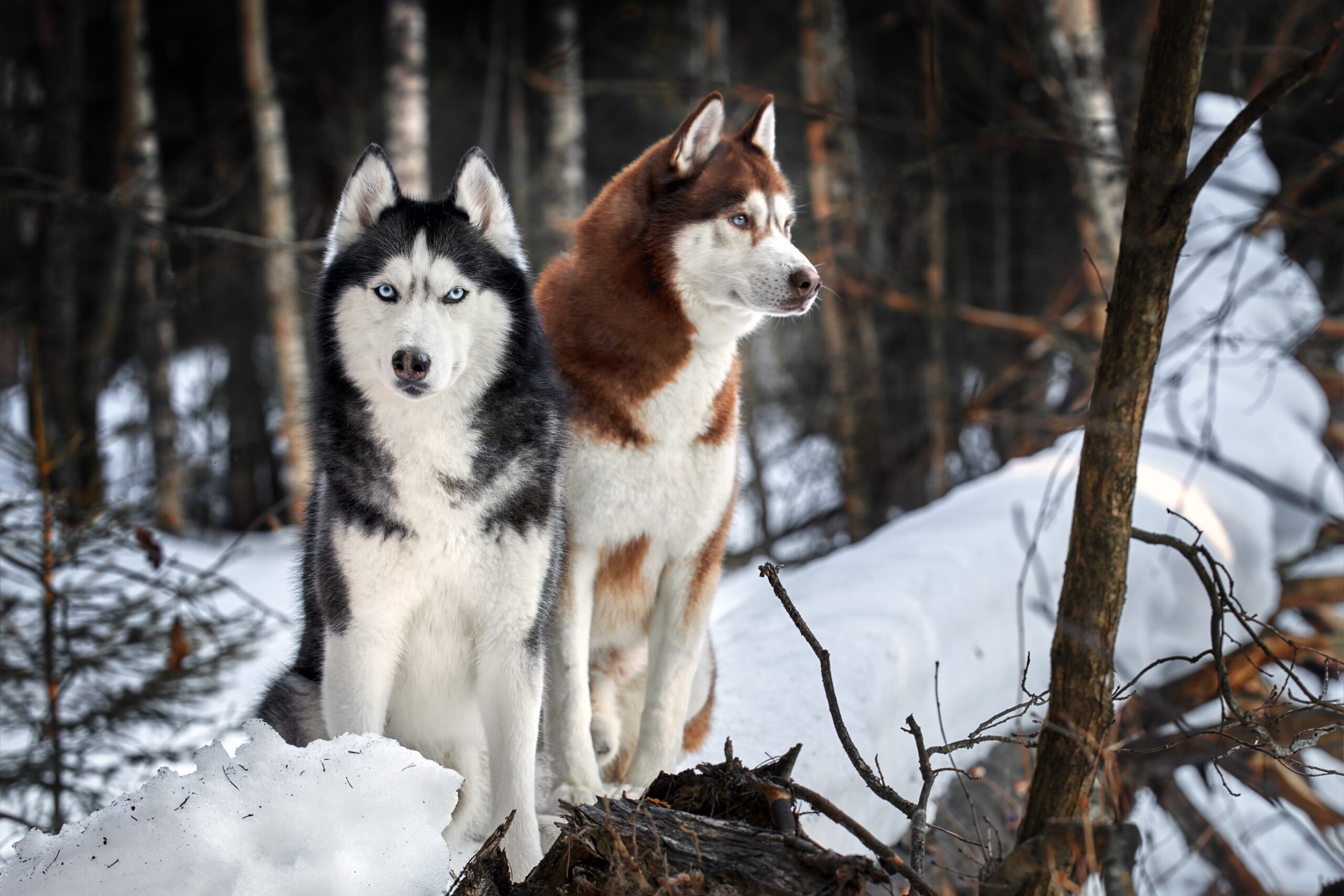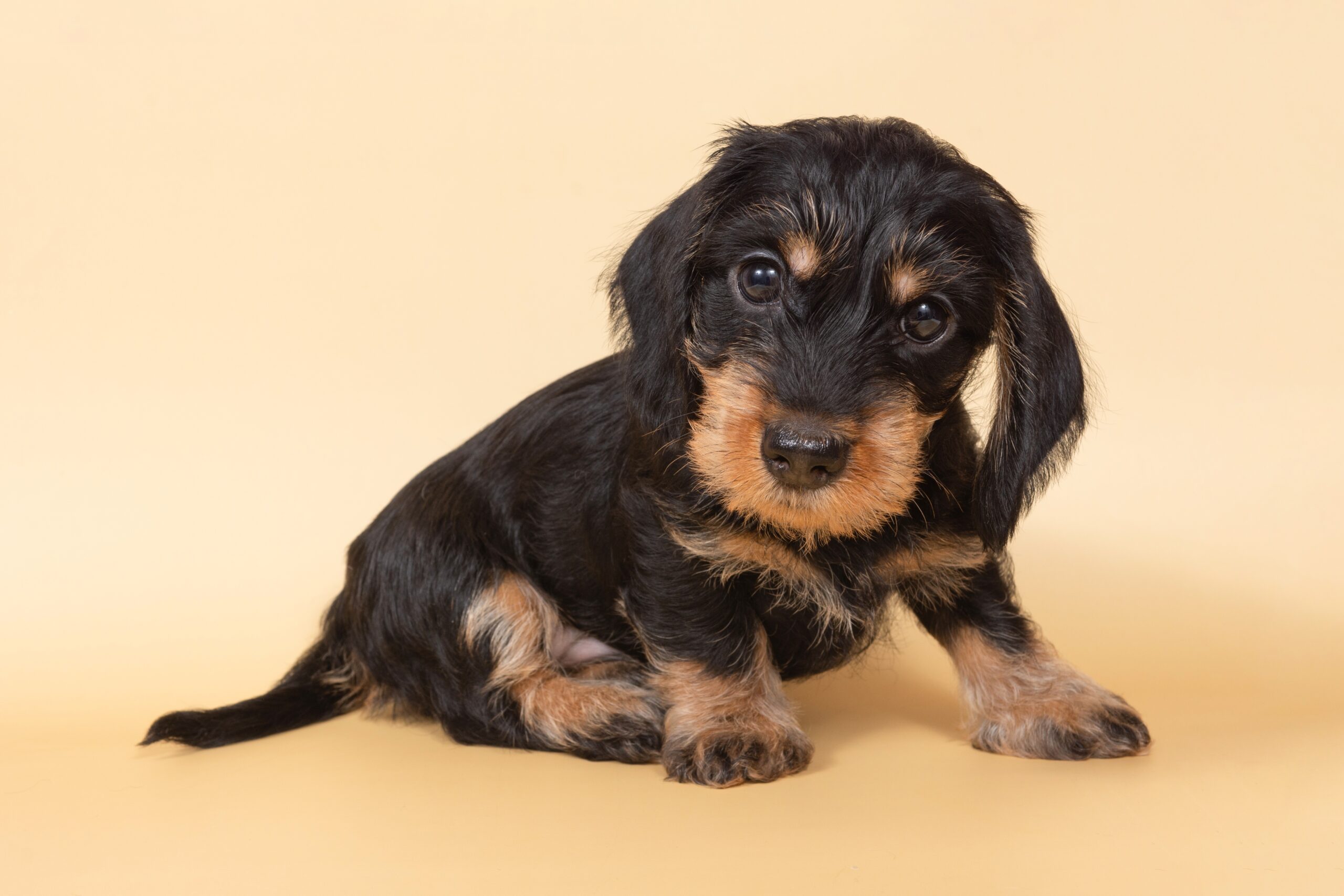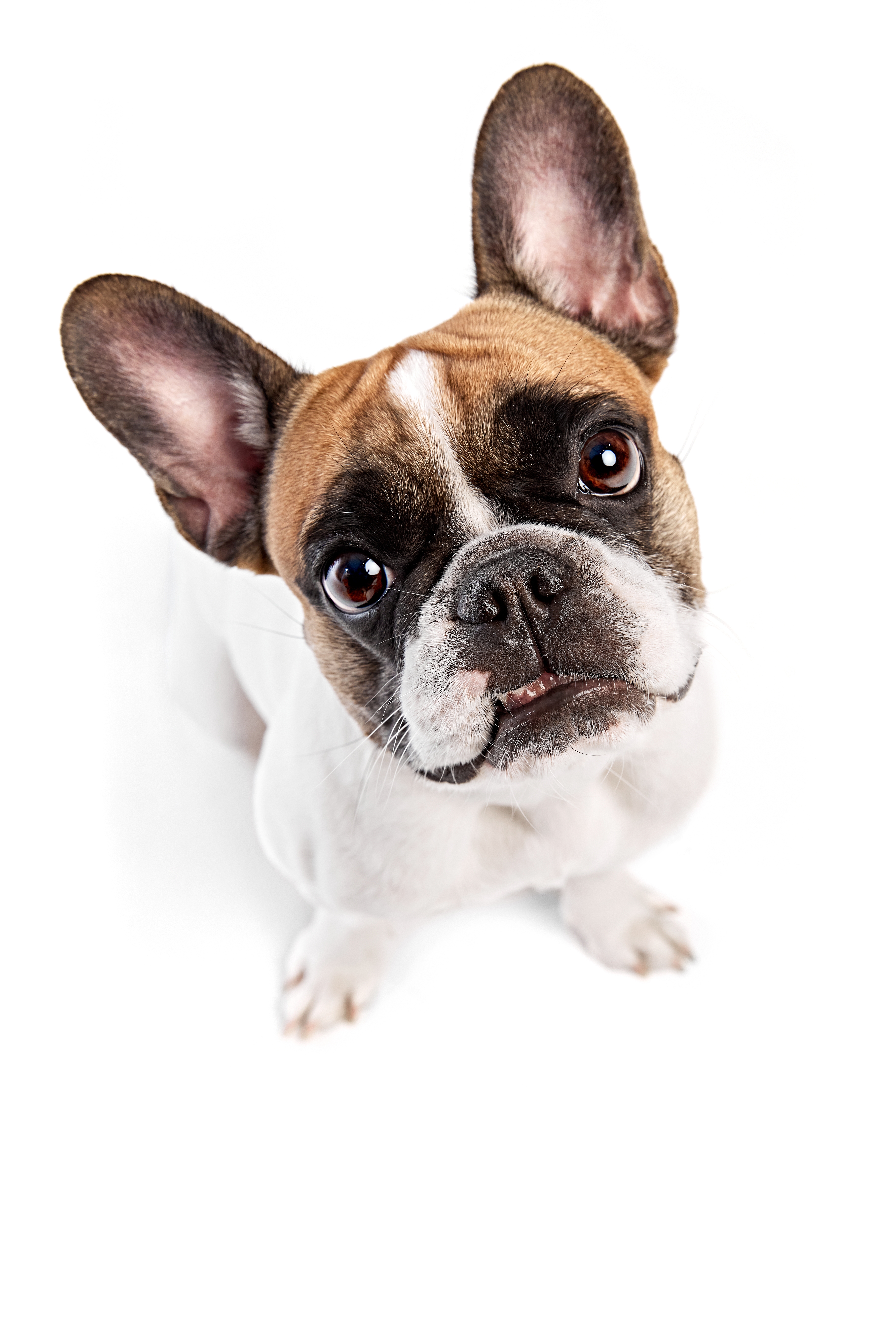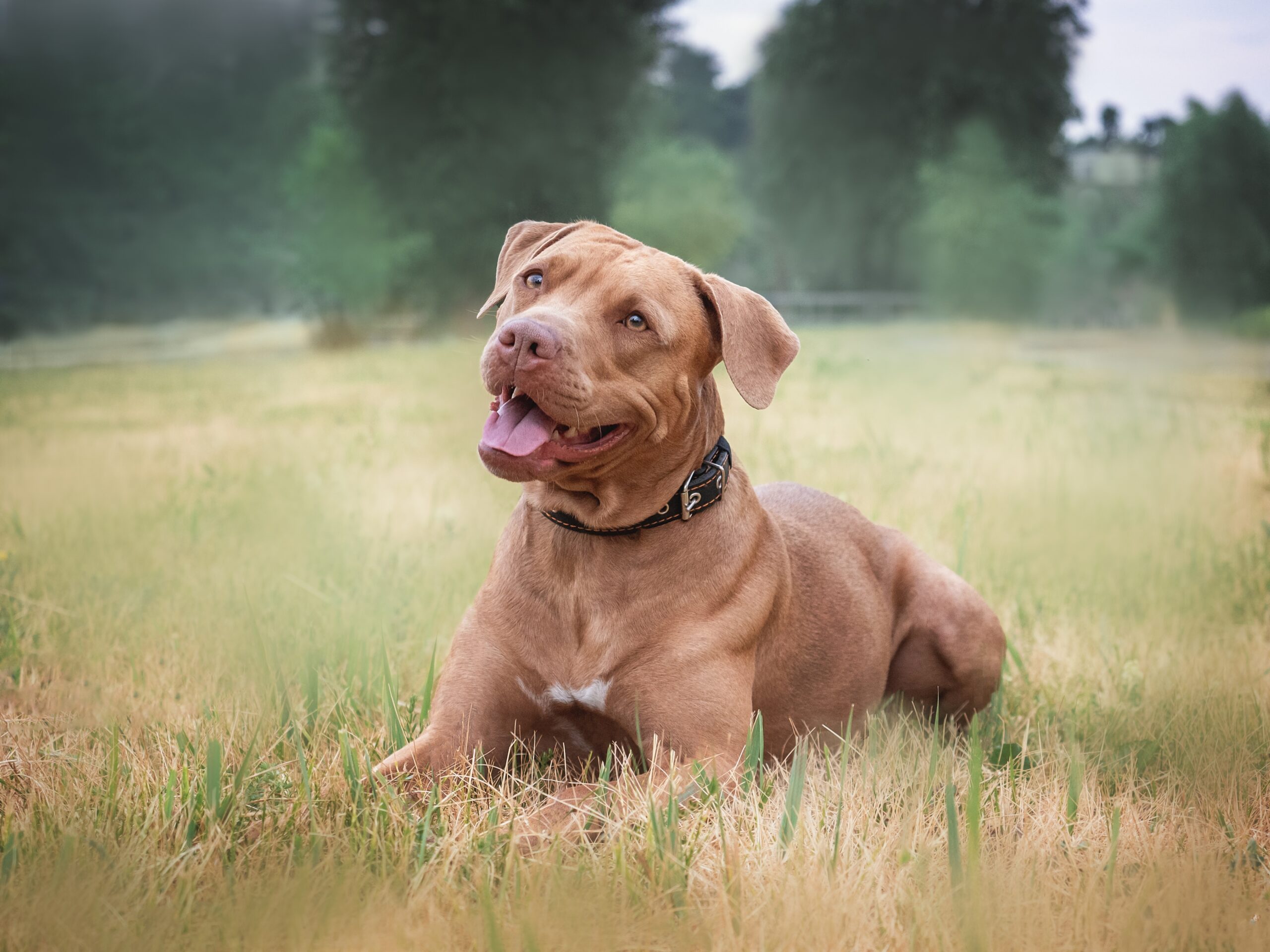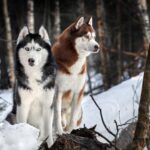Beauty meets independence—can you handle it?
Huskies are undeniably one of the most visually striking dog breeds in the world, known for their icy blue eyes, wolf-like appearance, and infectious energy. But behind the beauty lies a breed full of quirks, independence, and surprises. Originally bred for endurance in extreme conditions, Huskies are athletic, intelligent, and deeply social. This article will help you understand what makes Huskies so unique, what challenges they bring, and whether one might be the perfect companion—or not—for your lifestyle.
Outline
- Where Do Huskies Come From?
- What Makes a Husky So Unique?
- The Good, the Bad, and the Fluffy
- Do Huskies Make Good Family Dogs?
- Exercise and Mental Stimulation
- Husky Training: A Love–Hate Relationship
- Grooming and Shedding Realities
- Health Considerations
- Common Myths About Huskies
- Is a Husky the Right Dog for You?
Where Do Huskies Come From?
The Siberian Husky was developed by the Chukchi people of Siberia over thousands of years to pull sleds across vast icy landscapes. Later imported to Alaska during the Gold Rush, they became known for their speed, stamina, and resilience—making them favourites in sled dog racing.
Today’s Huskies are still pack-driven athletes at heart, and they haven’t lost their instinct to roam, work, and howl.
What Makes a Husky So Unique?
Huskies are more than just pretty faces. They’re a whirlwind of:
- Energy: Always on the move
- Vocalisation: Not big barkers, but huge talkers (and howlers)
- Curiosity: They want to explore—everything
- Independence: They don’t live to please… they live to run
A Husky will challenge your patience, your fence height, and your idea of a “quiet dog.”
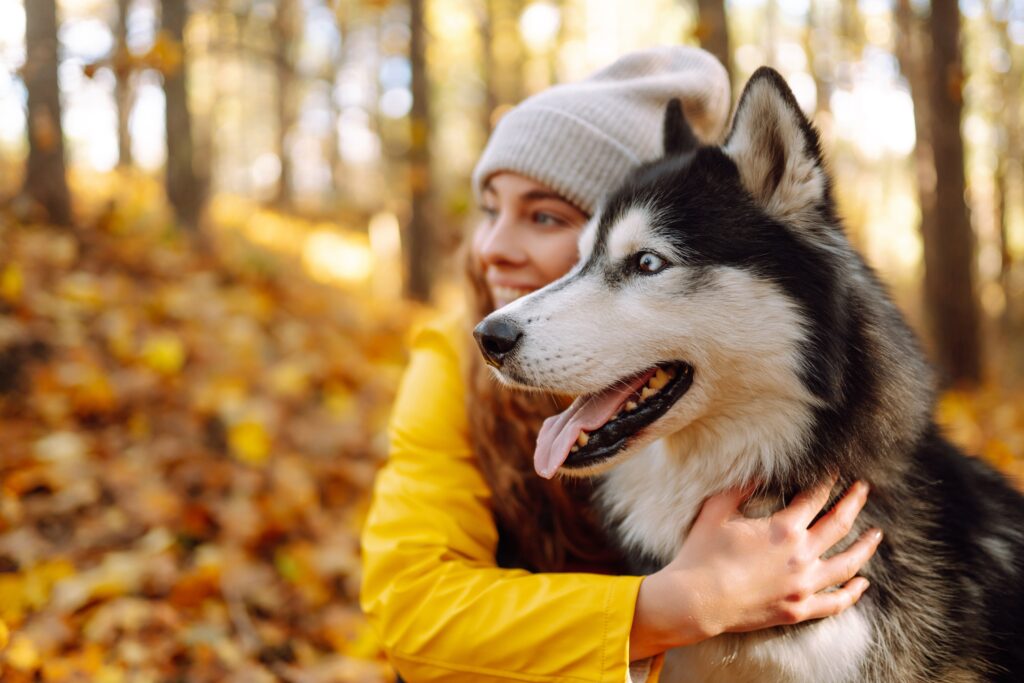
The Good, the Bad, and the Fluffy
Let’s break it down:
| Trait | The Good | The Challenge |
|---|---|---|
| Appearance | Gorgeous and striking | Attracts a lot of attention—expect questions on walks |
| Personality | Playful and people-loving | Can be stubborn and mischievous |
| Energy | Great jogging or hiking buddy | Needs A LOT of exercise—daily |
| Intelligence | Learns fast | Uses smarts for mischief if bored |
| Sociability | Great with other dogs and kids | Can suffer from separation anxiety if left alone too long |
Do Huskies Make Good Family Dogs?
Huskies are generally:
- Great with children
- Friendly with strangers
- Affectionate and social
However, they’re not naturally protective and may lack the guard-dog instinct. They’ll greet an intruder with a wag, not a warning.
Ideal family homes are those with:
- An active lifestyle
- A secure, escape-proof yard
- Patience for training (and shedding)
Exercise and Mental Stimulation
A tired Husky is a happy Husky. An under-exercised Husky? A disaster waiting to happen.
Daily Needs:
- 2 hours of physical activity (minimum)
- Interactive play like fetch or tug
- Mental work: puzzle toys, scent games, or even agility
Without proper stimulation, Huskies may:
- Dig holes
- Escape yards
- Chew furniture
- Redecorate your living room in “snow” (aka shredded cushions)
Husky Training: A Love–Hate Relationship
Huskies are smart, but notoriously stubborn. They’re independent thinkers and often ask: “What’s in it for me?”
Training Tips:
- Start early
- Use positive reinforcement
- Be consistent
- Keep sessions short and fun
- Don’t expect border collie obedience
They’ll do what you ask… eventually. If they feel like it. Maybe.
Grooming and Shedding Realities
Huskies have a double coat built for cold climates. They don’t need haircuts, but they shed heavily, especially during spring and autumn “blowouts.”
Grooming Checklist:
- Brush 2–3 times weekly (daily during shedding season)
- Bathe only when necessary (they’re naturally clean)
- Trim nails, clean ears like any dog
- Invest in a good vacuum cleaner
You’ll find fur in places you didn’t know existed. That’s part of the Husky lifestyle.
Health Considerations
Generally healthy, Huskies have few breed-specific health issues, but you should watch for:
- Hip dysplasia
- Eye conditions (like cataracts and PRA)
- Autoimmune skin diseases
- Heat intolerance (keep cool in summer!)
Their lifespan ranges from 12 to 15 years, and they often stay energetic well into old age.
Common Myths About Huskies
| Myth | Reality |
|---|---|
| Huskies are part wolf | No more than any other dog breed |
| They’re aggressive | They’re one of the least aggressive breeds |
| They’re easy to train because they’re smart | Intelligence ≠ obedience |
| They don’t like cuddles | Many Huskies love affection—they just don’t always ask for it |
Is a Husky the Right Dog for You?
You may be Husky-compatible if you:
- Love the outdoors
- Have a strong fence
- Don’t mind fur on your clothes, furniture, and food
- Enjoy training and spending time with your dog
- Can commit to high activity levels
A Husky is not for you if you:
- Want a low-maintenance or calm dog
- Live in a hot climate and can’t provide cooling
- Prefer a dog that follows commands blindly
- Can’t tolerate noise or chaos
Final Thoughts
The Husky is a beautiful contradiction: fiercely independent yet deeply affectionate, wild-looking yet gentle, intelligent yet rebellious. Owning a Husky isn’t just a pet decision—it’s a lifestyle choice.
If you’re ready to match their energy, embrace the howls, and vacuum a little more than usual, a Husky will reward you with loyalty, laughter, and adventures for years to come.


